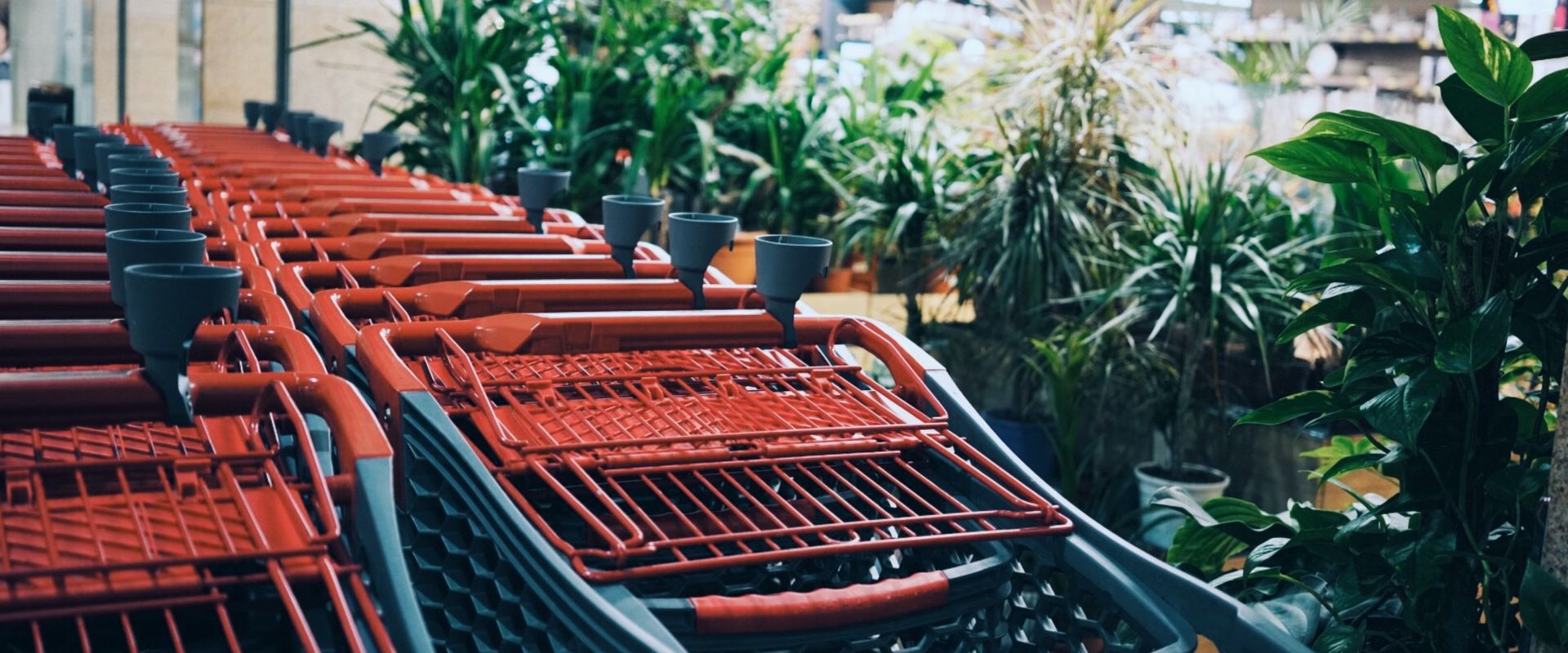
Howard Dahl is the CEO of AGCO-Amity JV, LLC, which builds and distributes agricultural equipment.
When Howard Dahl first visited Russia in 1992 to explore a new market for his company’s farm equipment, it wasn’t because it promised to be the most profitable venture. In fact, he would not make a profit in Russia for more than a decade. For Dahl and his Christian convictions, he says, feeding people is a “noble task” — it’s the right thing to do. And while Dahl is a third-generation farming manufacturer with his own legacy of innovation, the key to his entrepreneurial success might be that he values integrity and his Christian witness more than the bottom line.
“I believe strongly that if you do the right thing for your customers that truly add value to what they’re doing, doing right and doing well can go hand in hand,” said Dahl, CEO of Amity Technology, based in Fargo, North Dakota. “If your primary focus is on profitability, there are a lot of decisions made that are not the right thing to do.” He explained, for instance, how his company chooses to be generous with their equipment’s warranty policy as a way of practicing the Golden Rule. But, Dahl continued, “Out of concern for my employees and to give them significant profit-sharing, I know that I must do things that are profitable as well.”
That Dahl operates on the basis of deep conviction and spiritual discernment means profit isn’t the sole factor in his decision-making now that Russia has invaded Ukraine — even though he has $3.5 million of product on the line. It isn’t the first time Dahl has faced a moral and ethical dilemma since he expanded business to Russia. He made his first deal there right before the dissolution of the Soviet Union and continued business in Russia even after the financial collapse of 2008. But President Vladimir Putin’s invasion in Ukraine and alleged war crimes have complicated the future of Dahl’s business in Russia.
“We have people, in some cases 25-year relationships in Russia, people we think the world of, who need parts for their equipment for harvest or they won’t be able to properly harvest their sugar beets,” Dahl said. But, he added, “If I felt that helping some of our friends in Russia harvest their sugar beets effectively was going to help Putin’s war effort in any way, I would probably choose not to even ship any parts.”
Dahl has been a pioneer of agricultural development and social entrepreneurship since he founded Concord Inc. in 1977 with his brother Brian. In his first foray in improving Russian agriculture in the 1990s, Dahl introduced his market-changing Concord grain air seeders, which featured precision drilling in no-till conditions that placed fertilizer beneath the seeds. The innovative design increased harvest yields on Russia’s large farms while exponentially improving efficiency and saving energy. When Concord was acquired by Case in 1996, Dahl and his brother Brian retained their product lines for sugar beet farming and founded Amity. The company now has eight employees in Russia with a significant consumer base developed over the past 25 years. But sugar beets are also a staple crop in Ukraine, where Amity has one employee. Dahl’s connections in Ukraine led him to become the chairman of the board at Astarta Holding, a 700,000-acre Ukrainian company that grows and processes sugar beets, soybeans, and other crops for export.
Because he has business interests in both Ukraine and Russia, Dahl has determined both to pray for peace and deliberate on how wisely to conduct his international business. Should the U.S. Commerce Department allow Amity to continue business in Russia, he fears he might be endorsing Putin’s actions, but even if that’s not the case and he is legally permitted to resume operations, he recognizes the perception he might be helping Russia’s war efforts could damage his Christian witness both at home and abroad.
“If we are the only company that is doing this, even if we’ve determined it’s legal, we have some genuine reputational risk,” Dahl said. “We consider our Christian testimony of utmost importance.”
It’s Dahl’s Christian faith, in fact, that first brought him to eastern Europe in 1974 and sparked his desire to expand his business internationally and support ministry efforts there. Growing up in a Lutheran home, Dahl saw faith as a more private matter and was personally agnostic by the time he enrolled at the University of North Dakota to study business. There, Dahl encountered Cru ministers who challenged him over the course of several weeks on the necessity of a personal relationship with Jesus Christ, and the life-changing implications of the Christian faith for one’s public testimony.
“I had a sense of the Pearl of Great Price that evening and really gave a whole commitment of my heart to Christ, and everything changed after that,” Dahl said. “I sensed a call that I wanted to tell others about Christ.” Dahl would join Cru staff a year later and continue campus evangelism for three years.
During his time with Cru, Dahl and his wife, Ann, responded to a challenge from founder Bill Bright to minister among unreached people groups in communist countries with “tent making” skills that could lead to business opportunities for supporting missions. Not only had Howard earned a degree in business administration, but his father Eugene Dahl was the CEO of Steiger, at the time the world’s largest tractor manufacturer. In 1974, the elder Dahl set up a joint venture with the Hungarian government to make parts for Steiger tractors. That summer, Howard and Ann moved to Vienna to work for Steiger and travel in and out of Hungary, which at the time was part of the Soviet Union. They also used that opportunity to meet with communist leaders over dinner.
“We could routinely talk about our faith, just asking them questions about Marx’s opposition to Christianity,” Dahl said. The communist leaders would point to the existence of a seminary in Hungary to quell Dahl’s concerns, but he kept wondering why so much of the world was enamored with the philosophy of Karl Marx.





